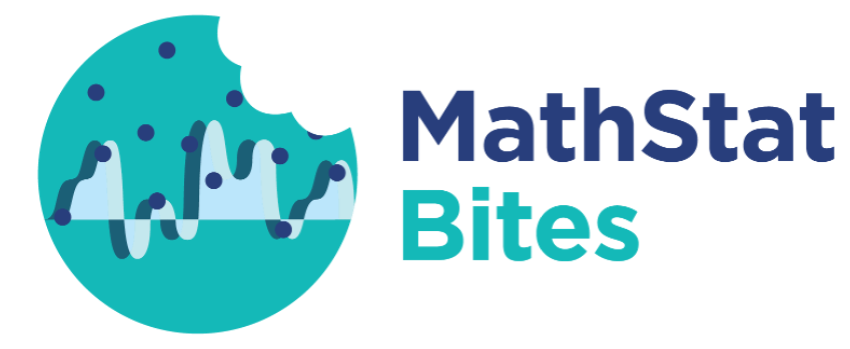Decoding Digital Preferences: A Collaborative Approach to Solving the Mysteries of A/B Testing
As a digital detective, your mission is to decipher the preferences of your website visitors. Your primary tool? A/B testing – a method used in online controlled experiments where two versions of a webpage (version A and version B) are presented to different subsets of users under the same conditions. It’s akin to a magnifying glass, enabling you to scrutinize the minute details of user interactions across two versions of a webpage to discern their preferences. However, this case isn’t as straightforward as it seems. A recent article by Nicholas Larsen et al. in The American Statistician reveals the hidden challenges of A/B testing that can affect the results of online experiments. If these challenges aren’t tackled correctly, they can lead to misleading conclusions, affecting decisions in both online businesses and academic research.
Teaching Models by Adding Feature Hints
Machine learning models are excellent at discovering patterns in data to make predictions. However, their insights are limited to the input data itself. What if we could provide additional knowledge about the model features to improve learning? For example, suppose we have prior knowledge that certain features are more important than others in predicting the target variable. Researchers have developed a new method called the feature-weighted elastic net (“fwelnet”) that integrates this extra feature knowledge to train smarter models, resulting in more accurate predictions than regular techniques.
Bridging the Gap: A Journey Through Generalizability and Transportability
In an increasingly data-driven world, the ability to draw accurate conclusions from research and apply them to a broader context is essential. Enter generalizability and transportability, two critical concepts researchers consider when assessing the applicability of their findings to different populations and settings. In their article “A Review of Generalizability and Transportability,” published in the Annual Review of Statistics and Its Application in 2023, Irina Degtiar and Sherri Rose delve into these critical concepts, providing valuable insights into their nuances and potential applications.
How Adopting Reproducible Practices Can Benefit Data Science Education
As the fields of statistics and data science have grown, the importance of reproducibility in research and easing the “replication crisis” has become increasingly apparent. The inability to reproduce scientific results when using the same data and code may lead to a lack of confidence in the validity of research and can make it difficult to build on and advance scientific knowledge.
How Statistics Can Save Lives in a Pandemic
In responding to a pandemic, time is of the essence. As the COVID-19 pandemic has raged on, it has become evident that complex decisions must be made as quickly as possible, and quality data and statistics are necessary to drive the solutions that can prevent mass illness and death. Therefore, it is essential to outline a robust and generalizable statistical process that can not only help to diminish the current COVID-19 pandemic but also assist in the prevention of potential future pandemics.
